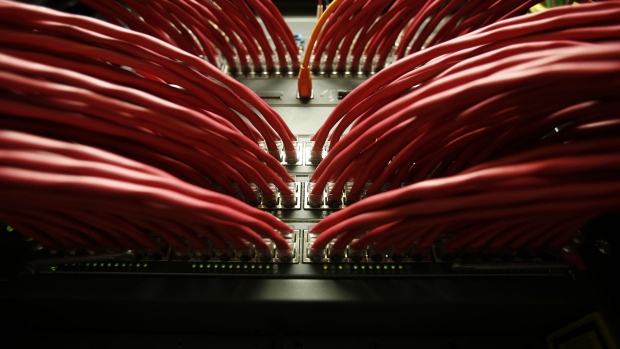Jun 7, 2022
Solana Ventures Raises Fund to Help Battered Korean Crypto Scene
, Bloomberg News

(Bloomberg) -- Solana Ventures and the Solana Foundation said Tuesday that they’ve launched a $100 million investment and grant fund to support crypto projects in South Korea, a country whose digital-currency scene has been ravaged by the collapse of the Terra blockchain that had operations there.
The fund is mainly meant to help projects in the country based on Solana. But it will also support crypto projects based on Terra that were stranded by the blockchain’s collapse, according to Johnny B. Lee, general manager of games for the Solana Foundation. Some platforms once based on Terra are now migrating over to different blockchains like Solana.
“The developers did nothing really wrong, but they’re left in the lurch,” he said in an interview.
South Korea is also a hotbed for virtual gaming, an area of focus for the new fund, which will invest in nonfungible token and decentralized finance projects as well.
The fund could also help attract startups and developers to the struggling Solana blockchain, which has suffered a series of outages, include a more than four-hour incident earlier this month. Solana’s SOL token has been one of the hardest-hit cryptocurrencies during a market downturn for the industry, with its price falling 46% in May, according to a report from digital asset data firm CryptoCompare.
These issues could weaken Solana’s pitch as a faster, cheaper alternative to Ethereum, which has been the blockchain of choice for many DeFi platforms. The Solana blockchain can handle up to 65,000 transactions per second, compared to Ethereum’s rate of about 15, according to blockchain analytics provider Nansen.
Solana has also been positioning itself as an ideal blockchain for gaming. Solana Ventures launched a $100 million gaming fund with crypto exchange FTX and Lightspeed Venture Partners in November, and a $150 million fund with gaming-focused firms Forte and Griffin Gaming Partners in December. Specialized marketplaces for gaming NFTs like Magic Eden and Fractal have also cropped up on Solana.
But there’s been pushback against the use of blockchains and NFTs in gaming, with developers and players questioning whether these technologies actually improve their in-game experiences. Lee said this kind of hesitation is typical when it comes to changes in gaming, citing previous resistance to developments like mobile applications.
“This is how the cycle of adoption and innovation works in the gaming industry,” Lee said.
©2022 Bloomberg L.P.





